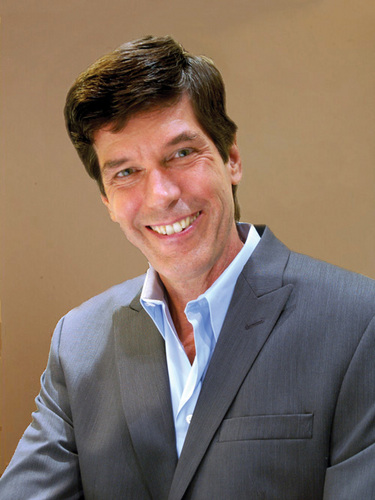For most Americans, Kazakhstan seems like a faraway place, indeed. But Americans can be quite myopic, blind to much of what goes on in the world beyond its borders. Actually, from a world perspective, Kazakhstan is right in the center of things. Located on the old silk route, straddling Asia and Europe, Kazakhstan is home to well over 100 ethnic groups, a wide variety of cultural expressions and religions.
By relinquishing its Soviet stockpile of nuclear weapons in 1995, Kazakhstan firmly declared itself as a nation in search of nuclear non-proliferation and global peacebuilding, and so it is a fitting place for gatherings that promote the things that make for peace, including cultural diversity and religious pluralism. Under the leadership of President Nursultan Nazarbayev, the nation’s commitment to interreligious harmony is highlighted every three years at the Congress of Leaders of World and Traditional Religions; the fifth such gathering of which will take place June 10-11 in the capital city, Astana.
Two important things happen at the Congress. First, people from different cultures and countries come together to seek concrete ways of building peace, justice, and understanding across national borders. Sadly, in a day when political extremists dominate the headlines, this does not happen as often as we would hope. Secondly, people come together across lines of faith. Muslims, Christians, and Jews; Buddhists, Hindus, and Jains; Zoroastrians and native spiritualists discuss how religious leaders might influence governments and societies, infusing political and economic policies with the ways that promote global security and interreligious understanding.
Cynics may ask: why bother? Why get together in endless dialogues laced with diplomatic niceties, where nothing of substance is actually discussed? How does it benefit you? And more importantly, how does it benefit the world?
Two answers come to me: the first is brief, so simple that it is often overlooked. As long as we are talking together, we are not shooting at each other. As long as we take the time to get to know “the other” at a deep level, it becomes harder to isolate and aggregate an entire people – a nationality, a race, a culture, a religion – and demonize them.
The second answer is drawn from an actual example of an effort underway among religious leaders from Pakistan and the U.S. – two nations not particularly known for their harmonious relations. Since 2011, multifaith members of the U.S.-Pakistan Interreligious Consortium (UPIC) have gathered on four separate occasions (three times in Pakistan) to build relationships, shatter stereotypes and, together, create and implement an action agenda that seeks to reduce tensions between the two countries.
American-Pakistani relations are filled with mistrust, misunderstanding, violence and fear, and yet UPIC has produced positive outcomes. Lasting relationships, educational exchanges between scholars and students, studies of ancient texts between Jews and Muslims, and media outreach to change public perceptions have been only some of the outcomes of this project. As religious leaders gather in June in Astana, their challenge will be to experience the Congress not as an end in itself, but as a launch pad for sustained change, using religion – which so many say is a source of division – as the instrument that makes for a lasting peace in our violence-plagued world.
Rev. Robert Chase is Founding Director of Intersections International. Prior to Intersections, Chase served as Director of Communication for the one million member United Church of Christ, and was founder and President of Creative Connections in Media, a full-service communications company based in Rhinebeck, NY. He is an author and an award-winning video producer/director with more than 100 productions to his credit. Rev. Chase is an ordained minister in the United Church of Christ.
This opinion was originally published by Patheos and other publications.
